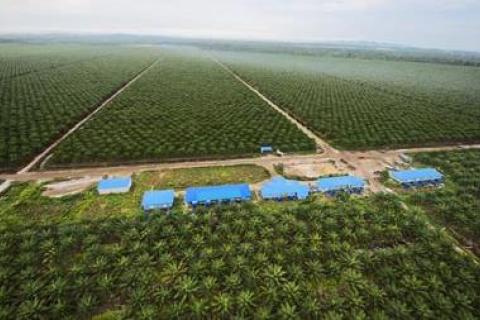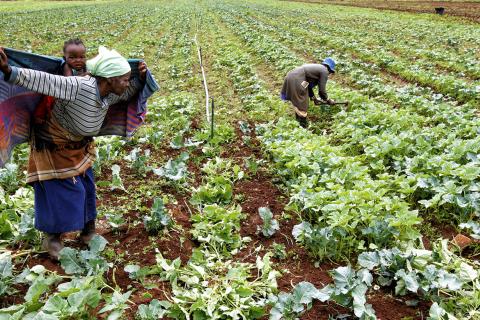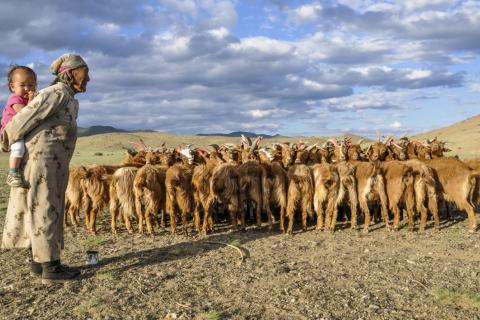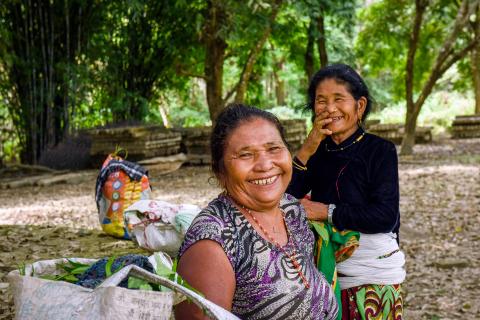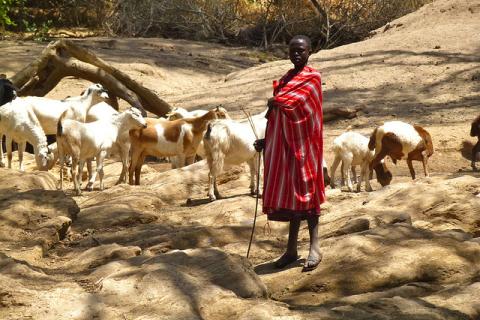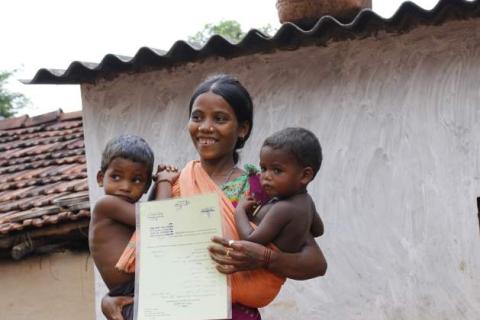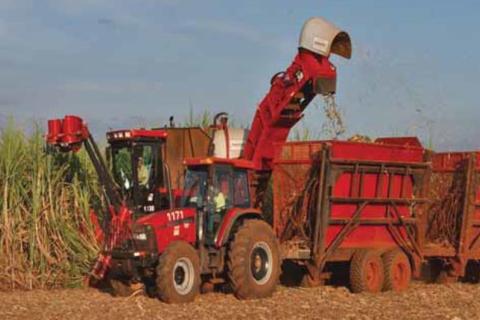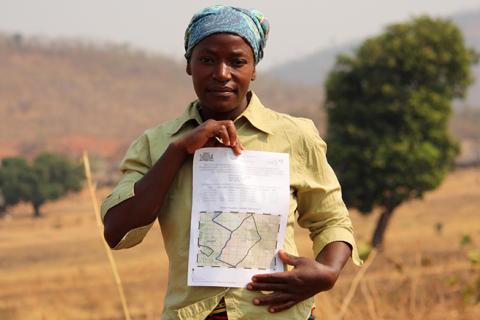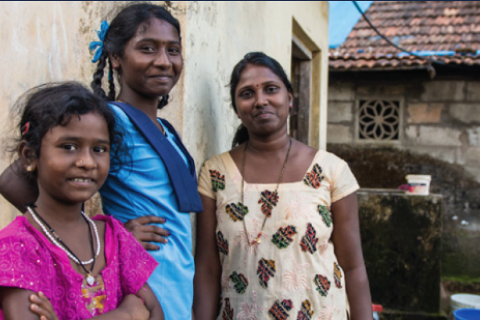Progress in Land Indicators
This July is the first time the United Nations will review the progress made towards meeting Sustainable Development Goal 15, which is about Life on Land. Each goal will be reviewed about every 4 years until 2030.
The reviews will be based on the 10 indicators countries agreed on, that assess change in each country over time. Two important developments relating to the indicator on land degradation neutrality (15.3.1) have occurred, since its adoption in 2015.


